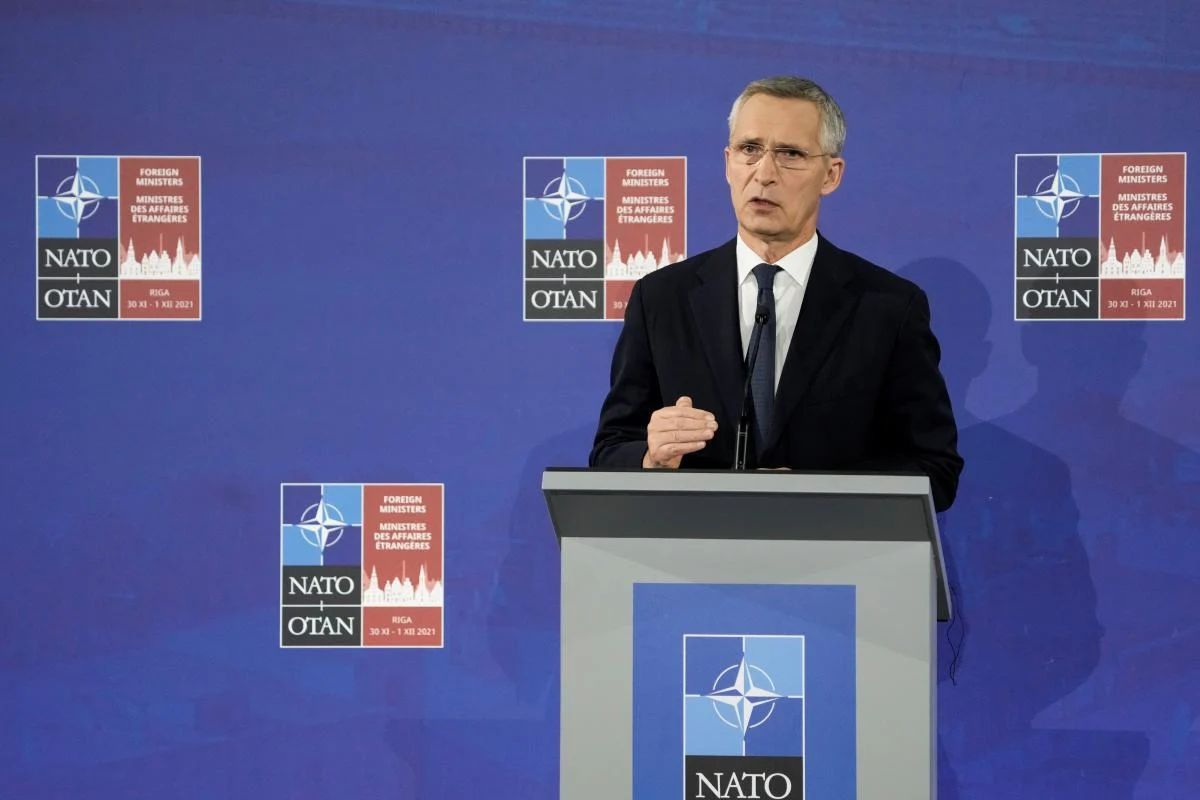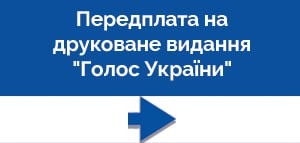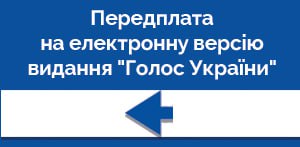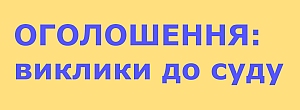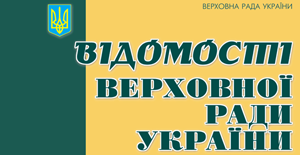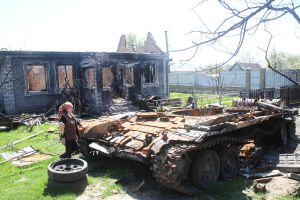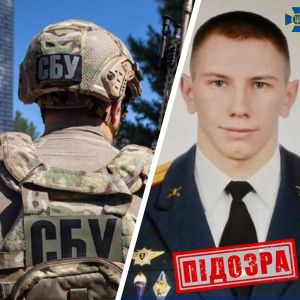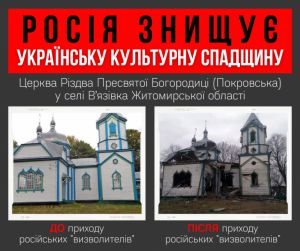Allies made it clear that they would not renounce their ability to keep their troops at the Alliance’s eastern frontiers.
NATO Secretary General Jens Stoltenberg stressed that during the meeting of the NATO-Russia Council the Allies had reaffirmed NATO’s Open Door policy as well as the right for each nation to join the Alliance.
The General Secretary said all this at a press conference in Brussels on January 12 right after the meeting was over.
“Today Russia raised the proposals that they published in December, aimed at addressing their security concerns. These include demands to stop admitting any new members to NATO. And to withdraw forces from eastern Allies. Allies on their side reaffirmed NATO’s Open Door policy. And the right for each nation to choose its own security arrangements,” said Jens Stoltenberg.
The Alliance made it clear that they would not renounce their ability to protect and defend each other including their presence in the eastern part of NATO.
The Alliance is unanimous, the Secretary General said, in their judgment that only Ukraine and 30 member-countries are in the position to decide whether Ukraine is ready to become a member of this defense military organization.
“On membership and the NATO's open door all Allies are united on the core principle that each and every nation has the right to choose his own path… And, therefore, also Allies totally agree that it is only Ukraine and 30 Allies that can decide when Ukraine is ready to become a NATO member. No one else has anything to say and of course Russia doesn't have a veto on whether Ukraine can become a NATO member,” Jens Stoltenberg stressed.
Besides, Allies are ready to support Ukraine on her path toward membership and help her in implementing reforms, modernizing her armed forces to meet the Alliance’s standards. “And then, at the end of the day, it has to be NATO Allies and Ukraine that decide on membership,” Secretary General Stoltenberg said.
The Alliance called on the Russian Federation to reduce tension on Ukraine’s borders and withhold troops. Mr. Stoltenberg went on to say, “NATO Allies … expressed serious concern about the Russian military build-up in and around Ukraine. And called on Russia to immediately de-escalate the situation and to respect the sovereignty and territorial integrity of its neighbours.
“They also called on Russia to refrain from aggressive force posturing and malign activities directed against Allies and abide by all its international obligations and commitments.”
At the same time, the Secretary General noted, Russia and NATO are ready to engage in a dialogue and to study a possibility of holding meetings in the future.
As the Secretary General noted the Alliance was open to concrete proposals in order to find constructive solutions. “We are ready to sit down and discuss substance. We are ready to put proposals on the table, concrete proposals. But at the same time, we are always willing to engage in a meaningful dialogue with Russia. Russia is our neighbour and we need to sit down and address common security concerns together.”
According to Jens Stoltenberg, the Alliance is ready “to actually reopen, re-establish, both the NATO office in Moscow and also the Russia mission to NATO because we believe in dialogue. And we believe that these offices, these diplomatic personnel, they are part of the infrastructure we need to have a meaningful dialogue.”
Aleksandr Grushko, the head of the Russian delegation at the talks, declared that the enlargement of NATO results in unacceptable risks to which Moscow will oppose decisively. As he noted, the talks revealed a great number of disagreements on the core issues. The head of the Russian delegation called on NATO to give the legally-binding guarantees of the Alliance’s not expanding eastward.
Grushko called the meeting of the NATO-Russia Council “a smooth talking”. At the same time, he urged NATO to accept the role of the Russian Federation as a country which guarantees peace across the Euro-Atlantic space provided that the Alliance truly wants to cooperate. According to Grushko, Russia reckons to deal with the crisis in relations with NATO on the basis of a balance of interests.
Information: The NATO-Russia Council is the major forum for conducting bilateral talks. It was created in 2002. Its meetings were suspended when the Russian Federation annexed the Ukrainian Crimean peninsula in 2014. The Council met for the last time in July 2019.
On January 12 of this year, the NATO-Russia Council met in Brussels for the first time in the past two and a half years. The delegation of the Russian Federation was headed by Deputy Foreign Minister Aleksandr Grushko and Deputy Defense Minister Aleksandr Fomin. The North Atlantic Treaty Organization was represented at the talks by Secretary General Jens Stoltenberg, a group of permanent representatives of 30 countries-members of the Alliance, high-ranking military officials, and U.S. Deputy State Secretary Wendy Sherman.
The newspaper Voice of Ukraine


